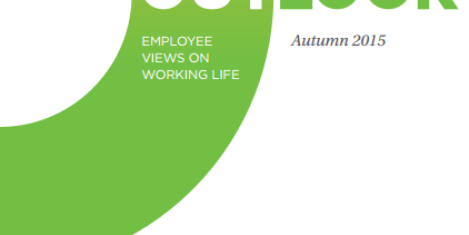November 5, 2015
Lacklustre recruitment processes can lead workers to turn down jobs 0
 A third (34 percent) of UK workers have changed their mind in the last two years after accepting a job offer, choosing not to go ahead with the new role. Research from Office Angels, analysing the effectiveness of recruitment processes in the post-recession economy, found that nearly half (48 percent) of workers have received multiple job offers at the same time in the last 24 months. At the point of resignation, half (50 percent) received a counter offer from their existing employer. The research asked both hiring managers and job seekers their views on what makes an effective recruitment process. Almost all (96 percent) of workers view the speed of a job offer as a decisive factor when choosing between job opportunities at competing companies, two-fifths (41 percent) stated the most important part of being successfully recruited was a clearly defined recruitment process and 28 percent of workers consider cultural fit in making a decision.
A third (34 percent) of UK workers have changed their mind in the last two years after accepting a job offer, choosing not to go ahead with the new role. Research from Office Angels, analysing the effectiveness of recruitment processes in the post-recession economy, found that nearly half (48 percent) of workers have received multiple job offers at the same time in the last 24 months. At the point of resignation, half (50 percent) received a counter offer from their existing employer. The research asked both hiring managers and job seekers their views on what makes an effective recruitment process. Almost all (96 percent) of workers view the speed of a job offer as a decisive factor when choosing between job opportunities at competing companies, two-fifths (41 percent) stated the most important part of being successfully recruited was a clearly defined recruitment process and 28 percent of workers consider cultural fit in making a decision.































November 5, 2015
Data transforms the roles of offices and the people who manage them
by Philip Ross • Comment, Facilities management, Technology, Workplace
(more…)